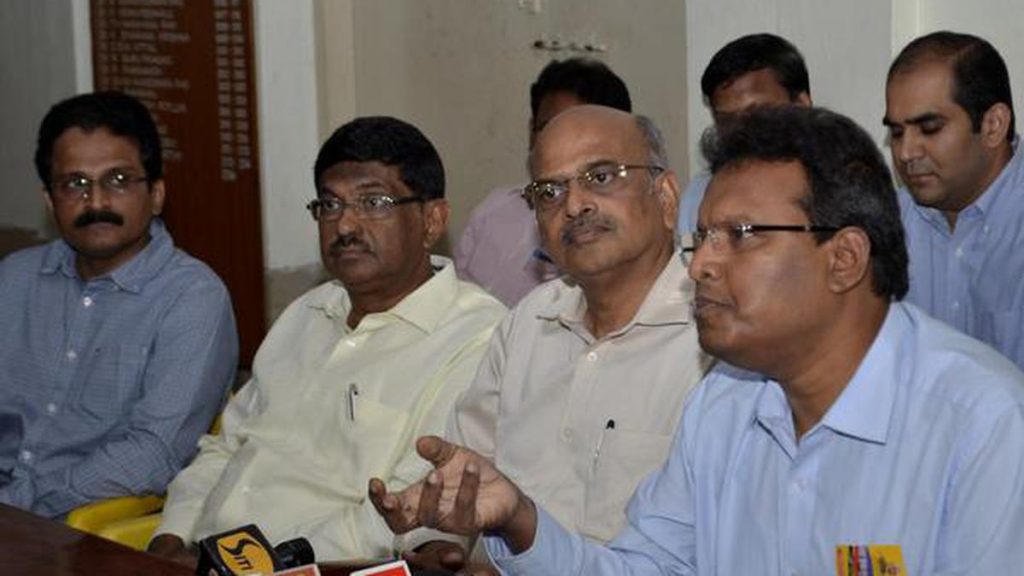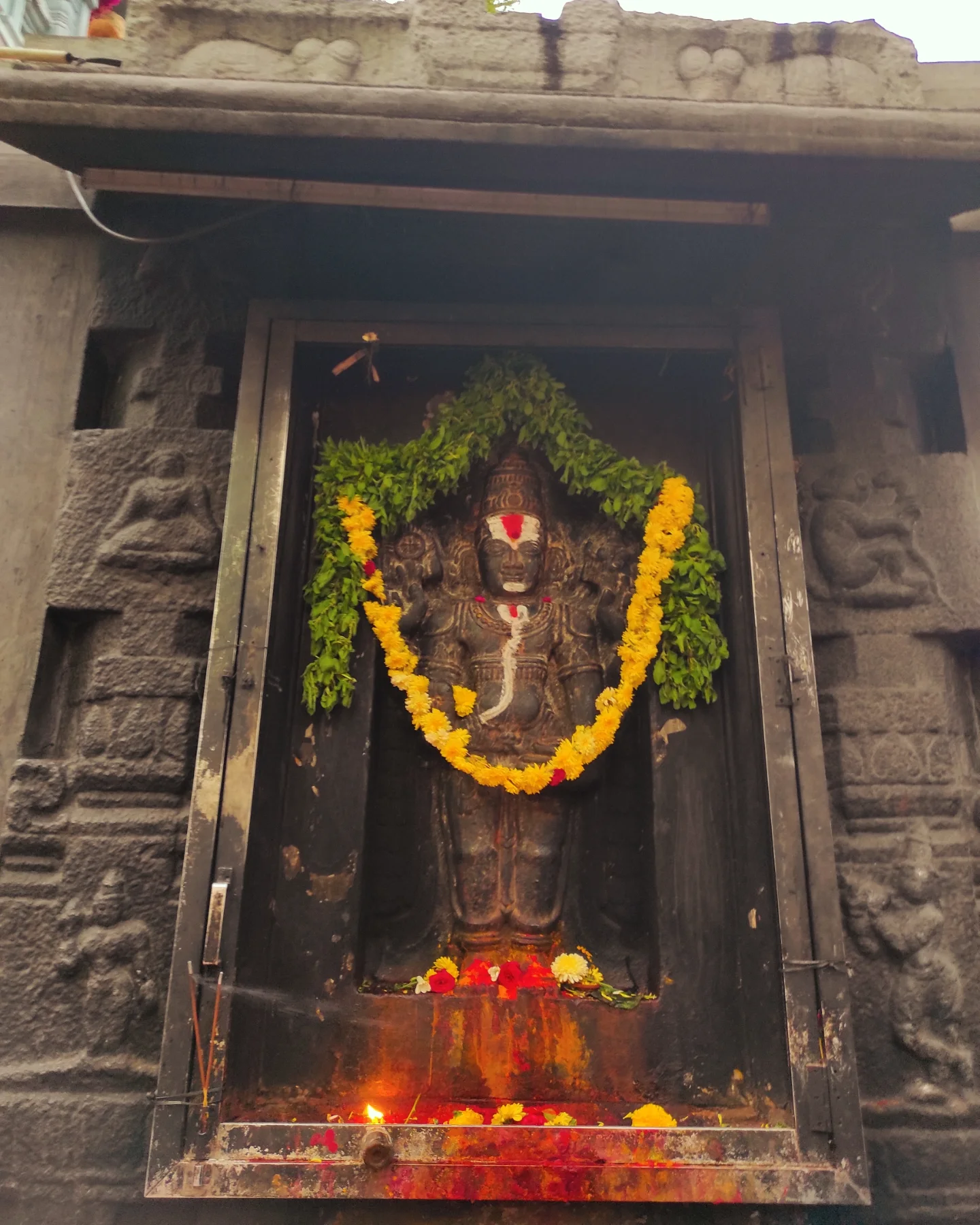ASHA Suspends Free OPD Services Across Andhra Pradesh
Andhra Pradesh’s fragile public healthcare system has been dealt another substantial blow. On September 16, the Andhra Pradesh Specialty Hospital Association (ASHA) announced the suspension of free outpatient department (OPD) services under the NTR Vaidya Seva Trust scheme.
The decision has sparked widespread concern, with patients who depend on government-supported OPD consultations and diagnostic tests now left uncertain about how they will access care.
Why Did ASHA Halt OPD Services?

Pending Dues Exceeding ₹2,000 Crore
In a letter addressed to the Trust’s CEO, Dinesh Kumar, ASHA President Dr. K. Vijay Kumar cited delayed payments as the primary reason for this drastic step. Hospitals have reportedly been waiting for 18 months to recover dues exceeding ₹2,000 crore, despite multiple rounds of discussions with the government.
This is not the first time hospitals have taken such action. Earlier this year, private hospitals also suspended services under NTR Vaidya Seva over delayed payments amounting to ₹3,000 crore.
Key Grievances Raised by ASHA
Financial Strain on Hospitals
Dr. Vijay Kumar stressed that hospitals are under severe financial duress, especially as they are being requested to:
-
Convert regular OPD into free OPD,
-
Provide consultations and investigations at no additional cost,
-
Sustain these demands without reimbursement clarity.
“These requirements were never part of the agreement and are financially unsustainable,” he asserted.
Patient-Hospital Trust at Risk
ASHA also expressed concern over the IVRS-based patient feedback system, which, according to the association, asked leading and suggestive questions that undermined public faith in doctors and institutions.
Dr. Kumar warned:
“This risks eroding the very trust on which the patient–hospital relationship depends.”
Exclusion from Policy Decisions
Hospitals also complained of being sidelined from major debates, including those on price rationalization, payment mechanisms, and systemic healthcare reforms. This lack of industry participation has only deepened feelings of exclusion.
Commitment to Dialogue, Not Complete Withdrawal
Despite the suspension of free OPD, ASHA emphasized that it is not turning its back completely on public healthcare. Instead, the association stated it remains open to working with the government—provided commitments are honored and systemic issues are addressed.
Dr. Kumar reiterated ASHA’s demand for:
-
Clearance of pending dues
-
Rationalization of medical service prices
-
A transparent payment mechanism
-
Equitable operational framework that benefits both patients and hospitals
Political Impact: Pressure Mounts on TDP Government
The crisis has further intensified criticism of the Chandrababu Naidu-led TDP government.
Key Points of Criticism:
-
Failure to clear longstanding hospital dues despite repeated appeals
-
Lack of structural support for healthcare providers
-
Controversial decision to hand over development of 10 new medical colleges under a Public-Private Partnership (PPP) model, raising concerns about increasing privatization in healthcare
Opposition leaders have accused the government of prioritizing private players while neglecting the burden of existing hospitals and patients dependent on the NTR Vaidya Seva Trust.
What It Means for Patients in Andhra Pradesh
The abrupt halt of free OPD services is bound to hit low-income patients the hardest. These free consultations and diagnostics were a lifeline for countless families, and without them, the immediate burden shifts onto already strained households.
Unless the government and ASHA reach a resolution, the crisis risks creating a public health emergency in Andhra Pradesh, where many patients may be forced to defer or abandon medical consultations due to costs.
The suspension of free OPD services by ASHA exposes the financially unsustainable model of public healthcare in Andhra Pradesh. With hospitals burdened by delayed payments and systemic neglect, both patients and providers are left in a crisis.
Unless the government moves quickly to address the pending dues, improve trust mechanisms, and reform healthcare policies, Andhra Pradesh risks a deeper public health breakdown — one that could shake confidence in the state’s ability to provide for its citizens.



